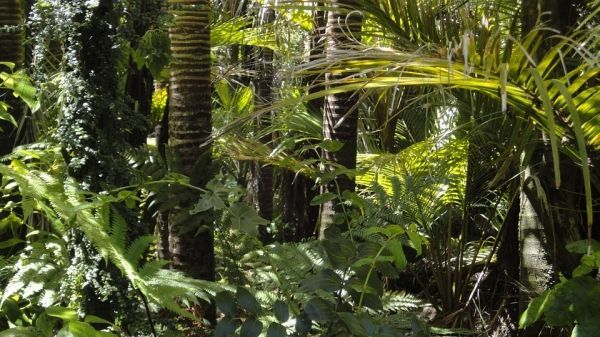The devastating effects of human activity on wildlife in the American tropics over the last 500 years are revealed in a new study published today.
More than half of the species in local ‘assemblages’ – sets of co-existing species – of medium and large mammals living in the Neotropics of Meso and South America have died out since the region was first colonised by Europeans in the 1500s.
Researchers at the University of East Anglia (UEA), in the UK, and University of São Paulo (USP), Brazil, found that human activity such as habitat change and overhunting is largely responsible for the overwhelming loss, or ‘defaunation’, in mammal diversity across Latin America.
The study, published in the journal Scientific Reports, compared all animal inventories at over 1000 Neotropical study sites published over the past 30 years with baseline data going back to the Colonial era.
Read more at University of East Anglia
Photo Credit: rosinakaiser via Pixabay


